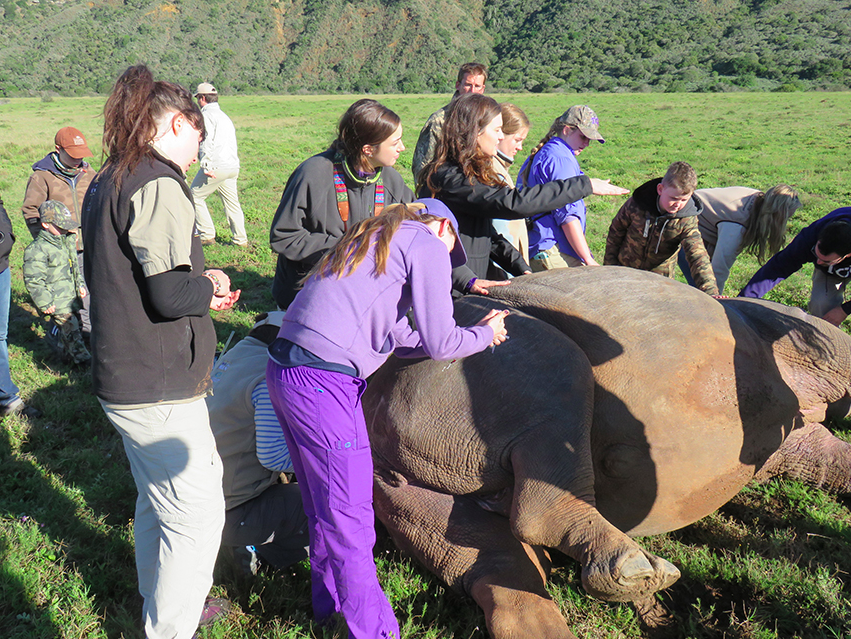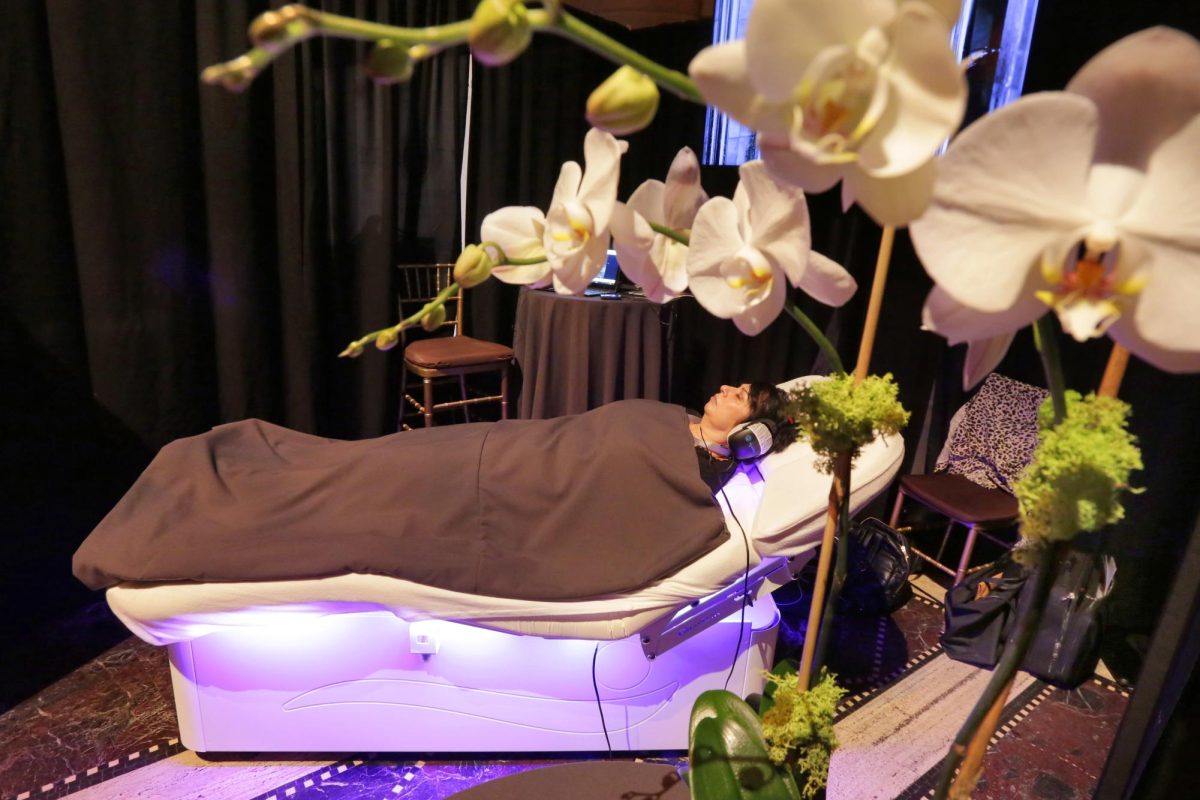Money raised in this year’s Rhino Run will be used to buy thermal imaging equipment, a tool that’s proven useful in the push to stop poachers from killing the endangered animal.
The African rhino is considered one of the world’s most endangered species. The animals live on game reserves in four countries – South Africa, Kenya, Namibia and Zimbabwe.
The thermal imaging equipment helps game wardens distinguish between the rhinos and the poachers who track and kill for their horns.
The race is part of TCU’s Rhino Initiative, which aims to help the save the rhino. Dr. Michael Slattery started the run in 2016.
The South African native said the run was “a way to build community here in the Fort Worth region around this issue and also to raise funds for some of these initiatives on the ground.”
Through the program, students travel each summer to South Africa where more than a third of the rhino population lives.

The initiative also helps raise funds for various aspects such as dog and equine units, area surveillance teams, anti poaching units on the ground and communications. Also, they aid in procedures to track and dehorn rhinos.

“It’s a multifaceted holistic strategy that help support awareness, protection, community and rhino management,” Slaterry said.
In the summer, students spend a week learning about the country’s history of apartheid, its lasting effects and the intrinsic value wildlife has on certain groups and not others.
“South Africa is such a fascinating country because it has this legacy of apartheid, this long legacy of separation and racism,” Slaterry said. “You can’t really talk about wildlife conservation or anything in South Africa without understanding the legacy of apartheid.”

The Rhino Initiative was one of three university programs in the U.S. to receive the Senator Paul Simon Spotlight Award in 2017. This award recognizes innovative international programs.
“Programs that are internationalizing the university and making the university more visible on the global stage,” said Slaterry. “It certainly gave the program more visibility.”

Slaterry said the program has grown on campus and the Initiative’s footprint is increasing in South Africa.
“The focus is certainly rhinos and the crisis that surrounds them,” Slaterry said. “But when we protect a game reserve with anti poaching units or area surveillance, that acts as a layer of protection for all species on the reserve.”
Slaterry said many rhinos die because perception of the horn’s value drives poaching, especially in the last five years. According to WWF, three types of rhino are extinct in the wild.

In the last decade, poachers’ greed has increased with their efforts to rip out the horn embedded in the rhino’s face and risk its life. Southeast Asia’s historical demand for the ivory horn is growing.
“There is about an inch of horn below the growth plate. What they do, effectively, is cut the animal’s face away and leave it to bleed out in the wild,” Slaterry said. “It’s used to make jewelry, and used as a status symbol and as a show of power and wealth.”

Runners can sign up for the 5k for $30 and $15 for the kids run. The kids race starts at 8:15 a.m. and the 5k starts at 8:30 a.m.
More information on Sunday’s races can be found here.







